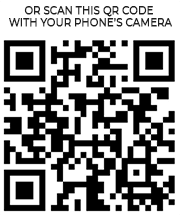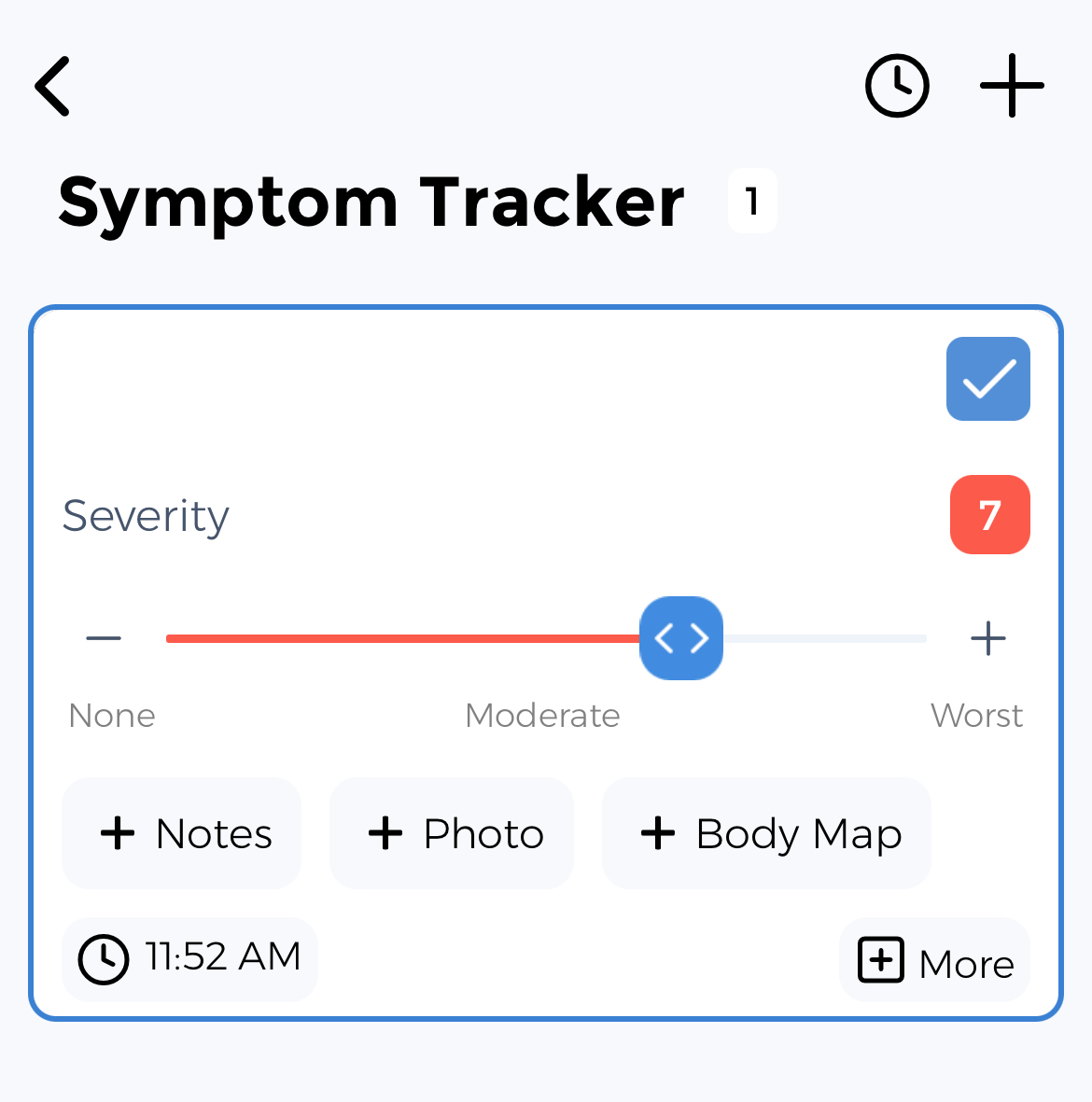Central Sensitization Symptom Tracker: Your Health Assistant
Living with Central Sensitization means dealing with heightened pain sensitivity, persistent pain, fatigue, and more. But here's the truth: Data is your most powerful tool. Every logged symptom reveals patterns—so you can take informed action.
Central sensitization is a condition of the nervous system characterized by hypersensitivity to both painful and non-painful stimuli. It involves abnormal pain processing within the central nervous system, leading to amplified pain responses. Tracking symptoms helps identify triggers and monitor the effectiveness of pain management strategies.
Key Central Sensitization Symptoms You Should Track
Struggling with symptoms like these? Tracking them reveals patterns, triggers, and how they impact your daily life.
Heightened pain sensitivity
Persistent pain
Fatigue
Sleep disturbances
Cognitive difficulties
Sensory hypersensitivity
Allodynia
Hyperalgesia
Mood changes
Widespread pain
Track Your Central Sensitization Treatments
Tracking how these common treatments affect your symptoms can help you and your healthcare provider optimize your care plan:
Our tracker helps you monitor when you take medications and how they affect your symptoms over time.
Standardized Central Sensitization Assessments
Complete these evidence-based assessments in the App to measure your severity and monitor your progress:
⚡ Knowledge Is Your Superpower
The difference between feeling overwhelmed by Central Sensitization and feeling in control starts with data. When you track your symptoms, you transform uncertainty into clarity. Every data point brings you closer to understanding your unique patterns.
It's free to try for anyone—whether you're managing your own condition, supporting a child, helping an aging parent, or assisting a partner. Our tracker adapts to your specific role in the health journey.
How the CareClinic Central Sensitization Symptom Tracker Adapts to Your Needs
Adults
Caregivers
Parents of Children
Young Adults
Your Complete Central Sensitization Management Toolkit
Uncover Patterns & Insights
Map your Central Sensitization symptoms like a detective solving a case.
Understand Your Medication's Impact
Turn guesswork into strategy. See how treatments affect your well-being with clear health insights.
Objectively Measure Your Progress
Use clinically validated tools to objectively measure your progress.
Other Tools You May Like...
Plus 3 more specialized tracking tools available
Access All Tracking ToolsAlso Supports Other Conditions Like
Fibromyalgia Tracker
Fibromyalgia warriors use our tracker to monitor widespread pain, fatigue.
Chronic Fatigue Syndrome Tracker
Chronic Fatigue Syndrome warriors use our tracker to monitor extreme fatigue, post-exertional malaise.
Irritable Bowel Syndrome (IBS) Tracker
Irritable Bowel Syndrome (IBS) warriors use our tracker to monitor abdominal pain or cramping (often related to bowel movements), bloating or gas.
Migraine Tracker
Migraine warriors use our tracker to monitor pulsating pain, nausea.
Success Stories from Our Community
"As someone dealing with both Central Sensitization and related health issues, this tracker was exactly what I needed. I can now spot patterns I never noticed before for both conditions."
"I've tried other methods to manage my Central Sensitization, but nothing gave me the insights this tracker did. I finally became an advocate for my own health after years of struggle."
Take Control of Your Central Sensitization Journey
Transform from feeling like a passive patient to becoming an informed self-advocate. Join thousands who've discovered new insights about their condition.
Designed by people who understand the daily challenges of managing chronic conditions, we're here to support you and your ❤️ ones.
Download Your Central Sensitization Tracker NowYour Data is Protected
Private & Secure
HIPAA Compliant
GDPR Compliant
Never Sell Data
Your data is yours: You get full control over who can view your information. CareClinic keeps all your data secure and encrypted.
References based on studies by:

